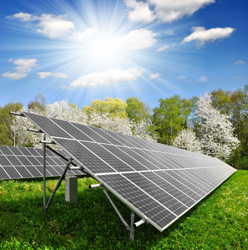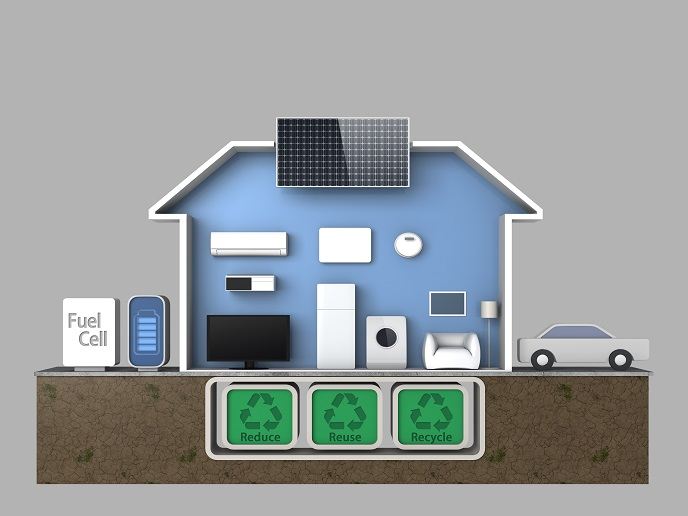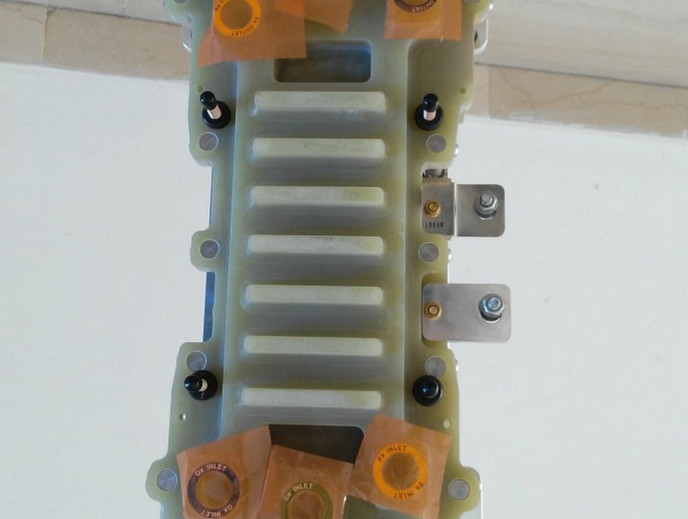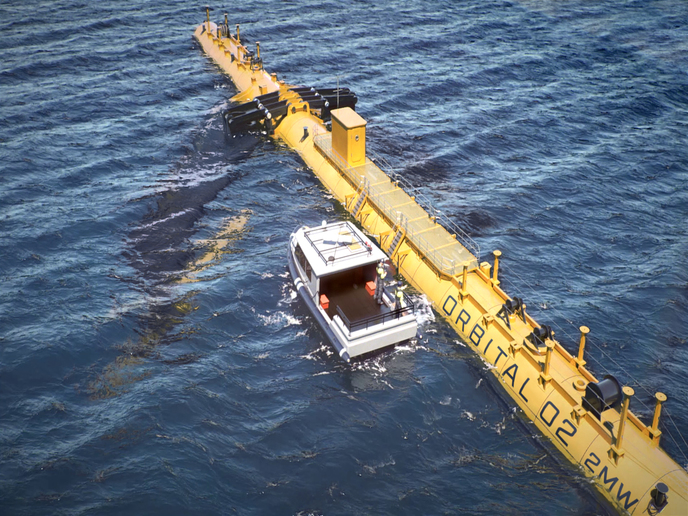Distributing energy resources for power generation
Distributed energy resource (DER) systems are small-scale power generation technologies such as solar panels or windmills that provide an alternative or enhance traditional electric power. With sustainable energy in mind, the EU-funded project 'A coordinated action towards the promotion and consolidation of all RTD activities for large-scale integration of DER in the electricity market' (SOLID-DER) studied the integration of DER into European electricity networks. The project worked to tackle challenges such as technical and socioeconomic barriers for advancing DER, as well as raising awareness about its solutions and benefits. It outlined the reality of DER in electricity supply, in addition to examining drivers and support schemes for more DER in the future. Solid-Der also highlighted the latest developments in the sector such as wind power, and made policy recommendations and outlined research priorities. These efforts will support the EU in meeting its ambitious 2020 targets for renewable energy systems (RES). In addition, project partners examined the technical, engineering and system needs (including standardisation, technology, education and market implementation) for achieving DER integration. They then looked into how to modify regulation in this respect, including connection use-of-system charges and those paid by DER producers. The project recommended a host of measures to help the market integrate RES systems. It advised policymakers to harmonise support schemes among EU Member States and steer investments towards renewable energy. Solid-DER also recommended improvements in capacity calculation and allocation of interconnection capacity to encourage distribution of renewable production across regions. Lastly, it strongly recommended a one-stop-shop approach to obtain licenses and deal with all administrative procedures. Project outcomes have a strong potential to help achieve a more advanced arena for sustainable energy and push Europe to the forefront in this area.







